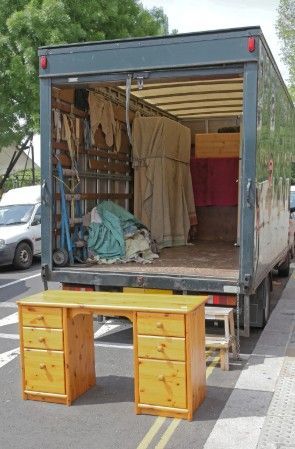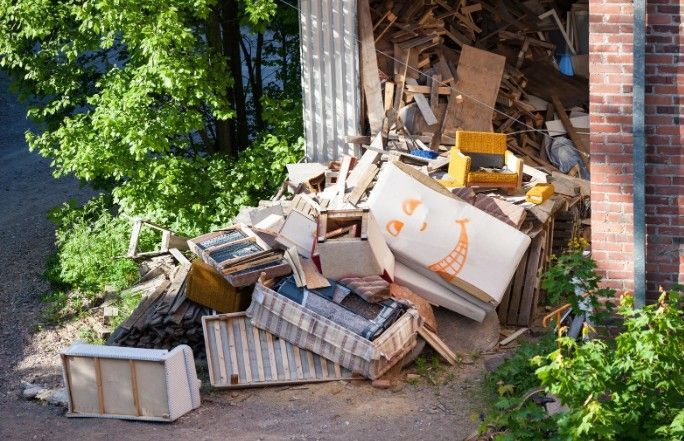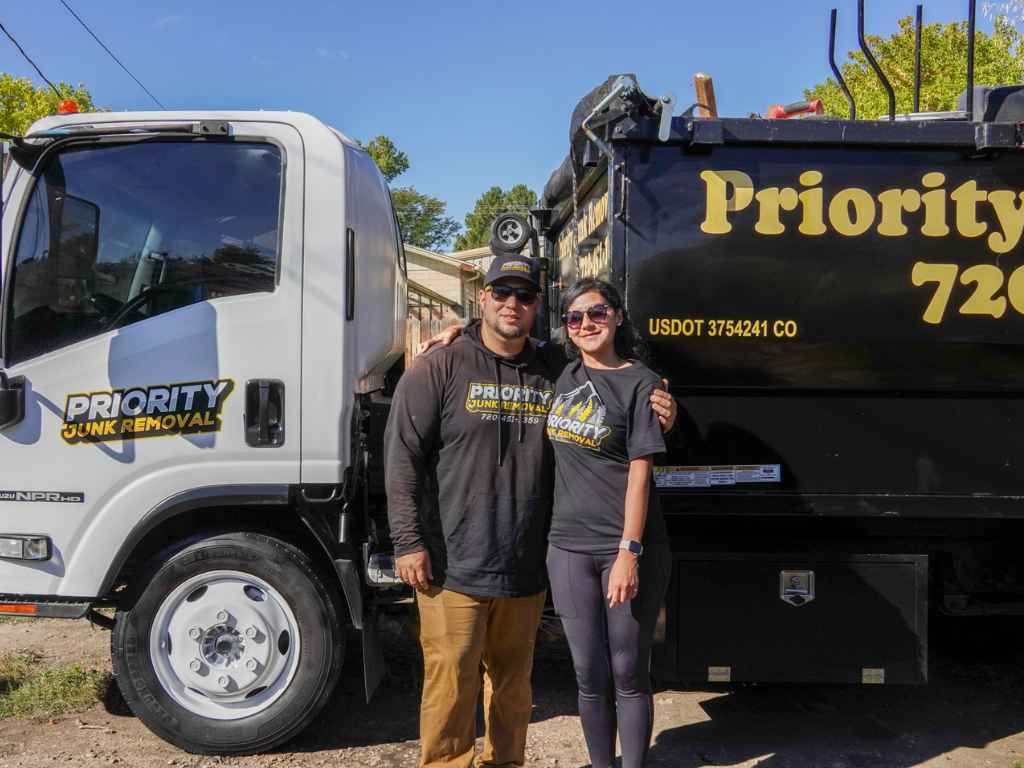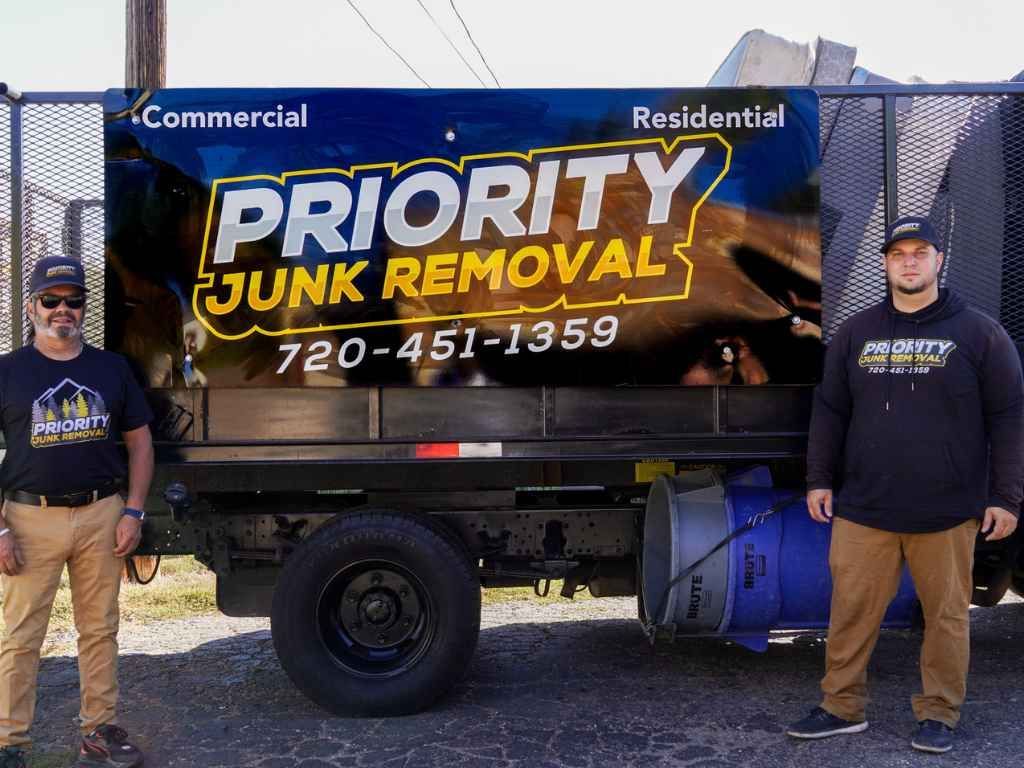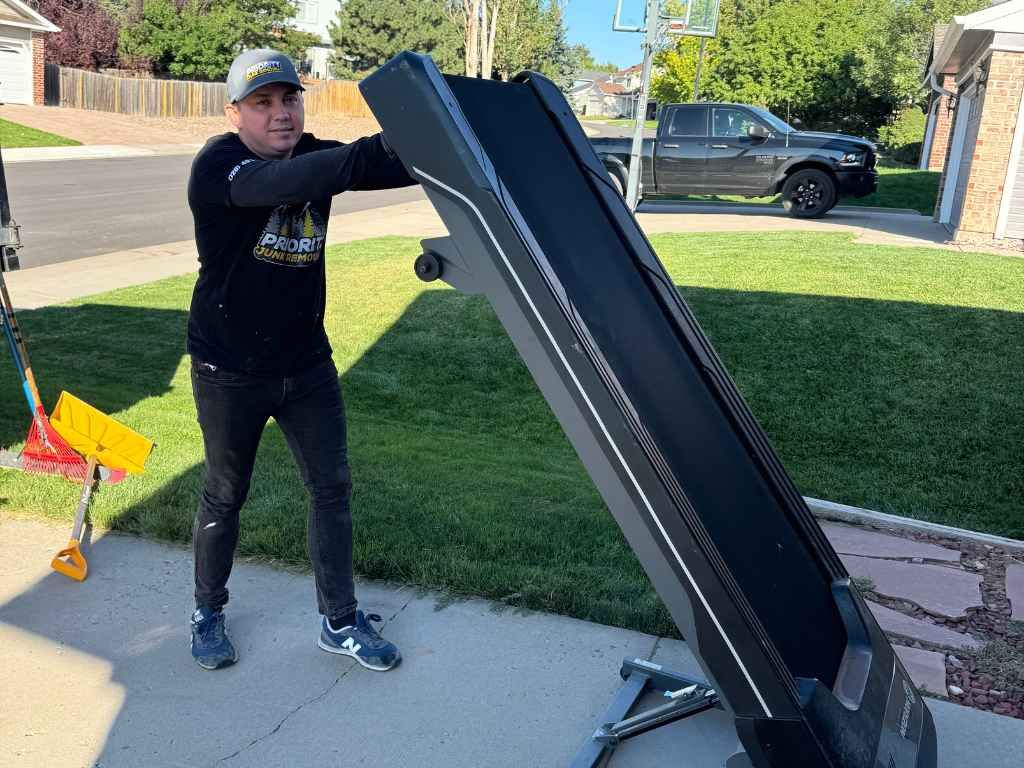Commercial Appliance Removal: What You Need to Know
When managing a commercial property, whether it’s an office building, restaurant, hotel, or retail store, there are plenty of responsibilities to juggle. One of the most overlooked yet critical tasks is the removal of old, broken, or unwanted commercial appliances. These heavy-duty machines, which can range from large refrigerators and stoves to air conditioning units and industrial dishwashers, can pose significant challenges when they reach the end of their useful life. Understanding the ins and outs of commercial appliance removal is crucial for maintaining a clean, organized, and efficient space, free from hazards and unnecessary clutter.
Why Commercial Appliance Removal Matters
Commercial appliances are built to last, but like all things, they eventually reach the point where they no longer function as efficiently as they once did—or at all. The decision to remove a commercial appliance is often driven by factors such as outdated technology, energy inefficiency, frequent breakdowns, or the introduction of newer, more efficient models. Here are a few reasons why it should be handled carefully and professionally:
- Safety and Liability Concerns: Appliances that are no longer in use can pose safety risks, especially if they’re large, heavy, or contain hazardous materials like refrigerants, oils, or chemicals. Improper disposal can lead to accidents, injuries, or environmental contamination. Using a professional appliance removal service ensures that these risks are minimized.
- Space Optimization: Commercial spaces, especially in industries like hospitality or food services, require careful management of their physical space. An outdated appliance can take up valuable real estate that could otherwise be better utilized. Efficiently removing old equipment allows you to make room for upgrades, renovations, or new appliances that will improve the overall functionality of the space.
- Eco-Friendly Disposal: The disposal of commercial appliances can have significant environmental impacts. Many appliances contain materials that should be properly recycled or disposed of to avoid polluting the environment. An experienced appliance removal service will know the best ways to recycle or dispose of these items in compliance with local regulations, reducing your carbon footprint and ensuring that the process is environmentally friendly.
- Legal Compliance: Many cities and municipalities have regulations regarding the disposal of certain types of appliances. For instance, refrigeration units and air conditioners may contain refrigerants that must be extracted and handled carefully. Hiring a professional service ensures that all local regulations and environmental laws are followed.
Types of Commercial Appliances That May Need Removal
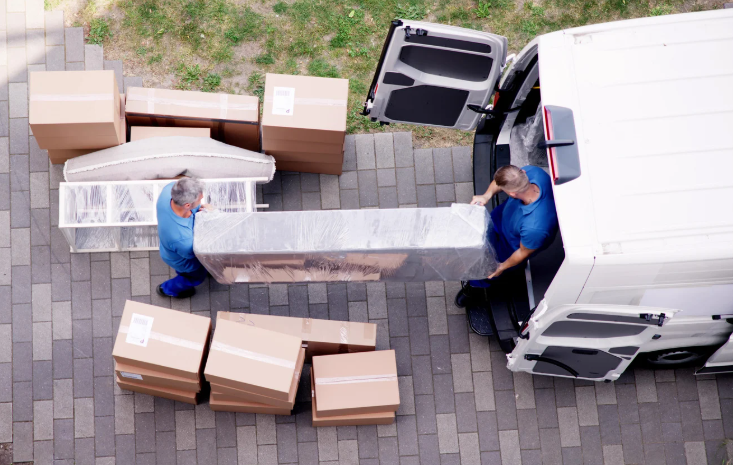
Commercial properties typically house large, bulky appliances, each of which can come with its own unique removal needs. Here are some common examples of appliances you may encounter and the specific challenges they present when it’s time for removal:
- Refrigerators and Freezers: Large refrigerators or freezers are a staple in kitchens, hotels, and grocery stores. These units are not only cumbersome to move but also contain refrigerants that need to be properly disposed of. Removing them can require specialized equipment and knowledge of the legal steps to ensure that the refrigerant is safely extracted.
- Cooking Equipment: Stoves, ovens, deep fryers, and grills are common in commercial kitchens. These appliances are often heavy, greasy, and difficult to maneuver through tight spaces. Furthermore, many of them are connected to gas or electrical lines, which can complicate the removal process. Disconnection of these lines must be done correctly to avoid safety hazards.
- HVAC Systems: Commercial heating, ventilation, and air conditioning (HVAC) systems are essential for keeping your space comfortable. However, when these systems reach the end of their life, they can be a challenge to remove. HVAC units are large, often complex, and may need to be dismantled or decommissioned before removal. This is especially true for rooftop units, which require specialized equipment to lower them safely to the ground.
- Dishwashers: In commercial kitchens, industrial dishwashers play a crucial role in maintaining hygiene. When these machines break down or need upgrading, removal can be tricky. These units are typically heavy and connected to water lines and drainage systems, meaning they must be properly disconnected to avoid leaks and damage during removal.
- Laundry Equipment: For hotels, laundromats, or healthcare facilities, large washers and dryers are crucial. These appliances, when faulty or outdated, can be a pain to remove due to their size, weight, and complicated plumbing or electrical connections.
- Water Heaters: Commercial water heaters are often quite large and require professional removal. Like other appliances, these systems may contain hazardous materials or connections that need to be handled with care during removal.
The Commercial Appliance Removal Process: Step by Step
The process of commercial appliance removal isn’t as straightforward as it might seem. Whether you're dealing with a single unit or multiple appliances, the removal process typically involves a few key steps that ensure efficiency and safety. Here's what you can expect during the removal process:
Assessment and Planning
The first step in any appliance removal project is a thorough assessment of the situation. A professional removal service will carefully inspect the appliances that need to be removed and evaluate the surrounding space to determine the safest and most efficient way to complete the job. This includes checking for any potential obstacles, such as narrow hallways or tight doorways, that could make the removal more challenging.
Preparation and Equipment
Once the assessment is complete and a plan is in place, the removal team will gather the necessary equipment to handle the job efficiently. This may include dollies, lifting straps, and protective gear such as gloves and back braces to ensure the safety of the workers. For heavier or more cumbersome appliances, the team might need to use specialized equipment like forklifts, cranes, or appliance sliders to maneuver the items safely through the property.
Disconnection
Before any appliance can be removed, it must be properly disconnected from any utility hookups. This step is particularly important for kitchen appliances, water heaters, and HVAC systems, as they are often connected to gas lines, electrical circuits, or plumbing systems. A licensed technician may be required to handle these disconnections to avoid any potential hazards, such as gas leaks, electrical shorts, or water damage.
Removal and Transport
Once the appliances are safely disconnected, the removal team will carefully remove them from the premises. For large or heavy units, the team may need to disassemble or break down the appliances to make them easier to transport through tight spaces or stairways. Careful handling is essential to prevent damage to the appliances or the property. The team will use padding, straps, and protective coverings to avoid scratches or dents. Once removed, the appliances are loaded onto a truck or transport vehicle for safe disposal or recycling.
Disposal or Recycling
Proper disposal or recycling of appliances is crucial for environmental protection and regulatory compliance. Many commercial appliances contain materials such as metals, plastics, and refrigerants that can be harmful to the environment if not handled correctly. Professional removal services will transport the appliances to appropriate facilities where they can be recycled or disposed of in accordance with local regulations.
Post-Removal Cleanup
After the appliances have been removed and transported, the team will conduct a thorough cleanup of the area. This includes sweeping up any debris, removing protective coverings, and ensuring that the space is clear and ready for future use. If any damage occurred during the removal process, the team will address it promptly, ensuring that the property is left in the same or better condition than when they arrived.
Why Hire a Professional for Commercial Appliance Removal?
While it may seem like a DIY project, removing commercial appliances can be dangerous and difficult without the proper tools and expertise. Hiring a professional service for appliance removal offers numerous benefits:
- Safety: The primary reason to hire a professional for commercial appliance removal is safety. These items are often large, heavy, and connected to utilities that can cause harm if handled improperly. Professionals have the necessary training and equipment to ensure that the process is done safely.
- Efficiency: Professional appliance removal teams are experienced and know the best ways to handle large, cumbersome appliances. They can complete the job quickly and efficiently, saving you time and effort.
- Proper Disposal: A professional service will ensure that your appliances are disposed of or recycled in an environmentally responsible way. They are familiar with local regulations and know how to handle hazardous materials.
- Legal Compliance: Certain appliances, such as those containing refrigerants or other chemicals, require special disposal methods to comply with environmental laws. Professionals are trained to follow these regulations to avoid fines or penalties.
Conclusion
Commercial appliance removal is an essential task that ensures your business premises remain safe, clean, and organized. Whether you're dealing with outdated kitchen equipment, a malfunctioning HVAC system, or an old refrigerator, it’s important to handle the removal process carefully and responsibly. By hiring a professional service, you can ensure that the process is done safely, efficiently, and in compliance with local regulations.
If you’re ready to schedule your commercial appliance removal in Vienna, don’t hesitate to reach out to Wee Haul Junk for expert assistance. Whether you’re upgrading your kitchen equipment, clearing out space for a new HVAC system, or just getting rid of old appliances, we’re here to help. Contact us today at 571-489-2961 or email us at info@weehaulnow.com to learn more about our services and get a free quote. Let us take care of the heavy lifting so you can focus on what matters most to your business.

